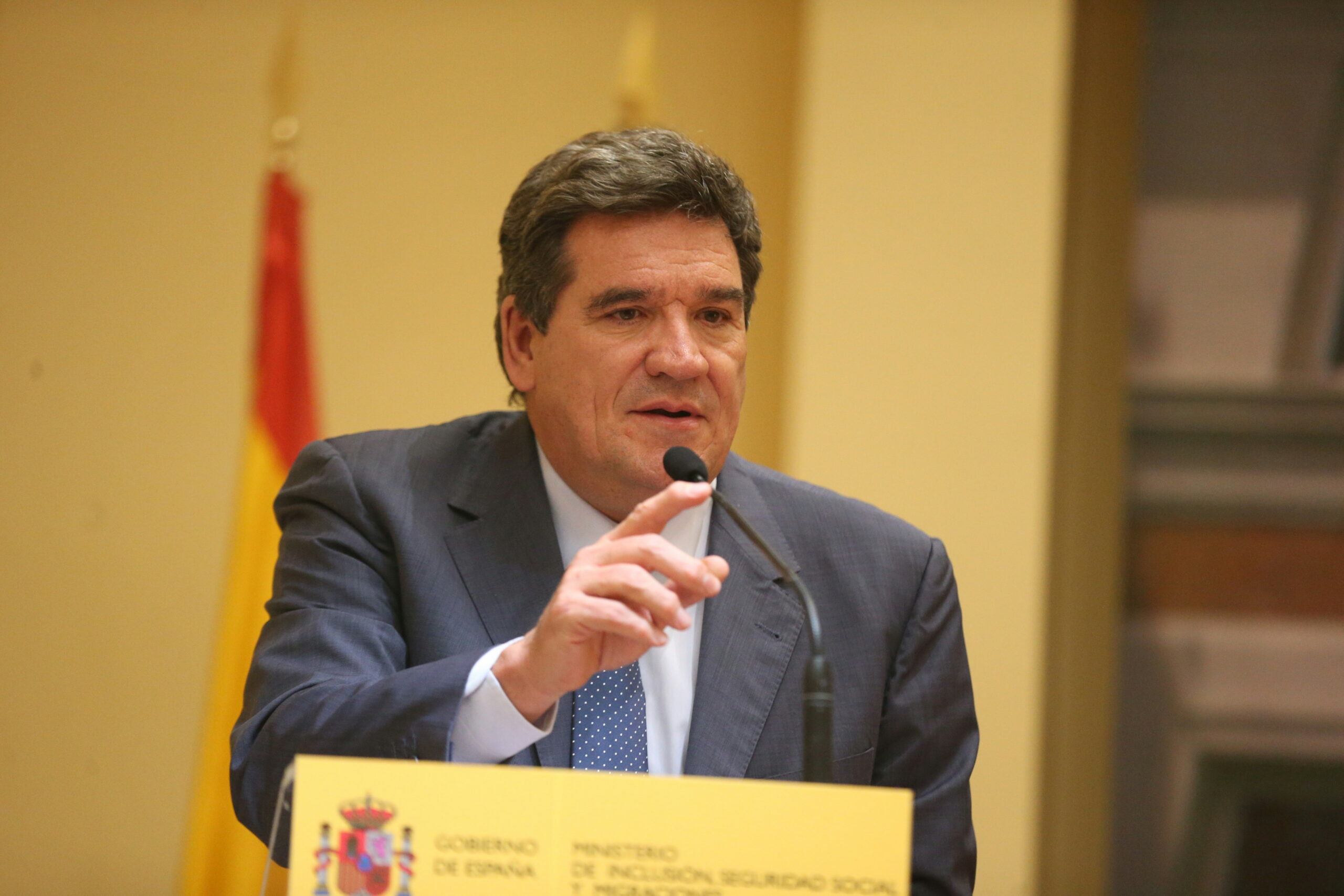
He considers that the average level of labor costs in Spain is still “relatively low” compared to neighboring countries
MADRID, 14 (EUROPA PRESS)
The Minister of Inclusion, Social Security and Migration, José Luis Escrivá, has criticized the CEOE for not having put proposals on the table in relation to the second part of the pension reform, thus responding to criticism from representatives of the businessmen. “It’s pure demagogy,” he said.
In an interview on Cadena Ser, collected by Europa Press, Escrivá pointed out that the Government is complying with the recommendations of the Toledo Pact “approved by an overwhelming majority two years ago” in Parliament.
In this sense, and responding to the criticism of the CEOE in this matter, Escrivá has assured that he has been asking the employers for proposals as the unions have done and they have not received “none”.
In this regard, the head of Social Security recalled that tomorrow he will be present at the Toledo Pact where he will present “all the details” of the reform and expects a “good debate.” “I hope that tomorrow in Parliament we will have a good debate. Let’s see what elements there are and from there we will have to mark the next calendar ”, he added.
INCREASE IN SOCIAL CONTRIBUTIONS
Asked about the employers’ rejection of the rise in social contributions, which they call it a “tax on employment”, Escrivá says he feels “surprised” since, as he has commented, it was agreed with the social agents a year and a half ago and visualized in an act at the Palacio de la Moncloa.
“We agreed on a roadmap where the first element was to ensure the purchasing power of pensions with the CPI and everyone agreed and that the 2013 reform had to be repealed (…) but we also agreed that that had to be finance it. No one there said no, but now the moment of truth has arrived and I believe that we must take the rough and the ripe ”, he claimed.
At this point, the minister has put a second consideration on the table, which is whether it really entails a “significant tightening of labor costs”, something to which he himself has emphatically answered “no”.
“In Spain the labor cost per hour worked is 25.9%. And the European average? 32. Do you know how much the measures we are taking mean? All these measures that you are hearing, that what an outrage and such, means going from the cost of 24-hour labor from 25.4 euros to 25.5 euros, and at the end of the period that will be in the year 2050 to 25.8 euro. It is exactly 37 cents per hour worked in the year 2050. That is, from 25.4 euros to 25.8”, he explained.
Thus, he has insisted that labor costs in Spain have risen 10 percent less than in the euro zone as a whole. “Spain has space and margin to prudently manage these increases in labor costs,” she has slipped.
Having said this, he took the opportunity to recall that Spain is one of the only countries in Europe that is gaining “export shares” and has the “best export behavior”, something that is influenced by entrepreneurship but “it will also have something to do with Labor costs in Spain are quite moderate, we are seeing it with the increase in wages, and it allows companies to compete on cost”, he stressed.


